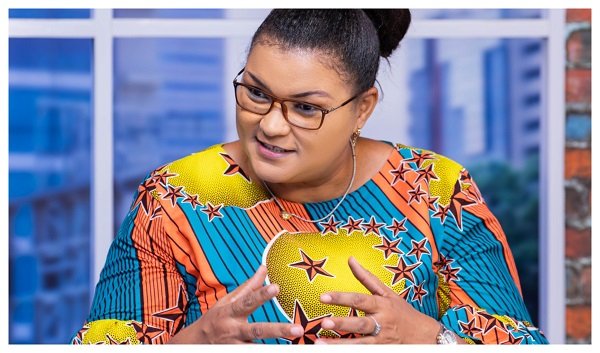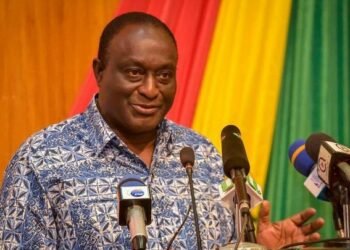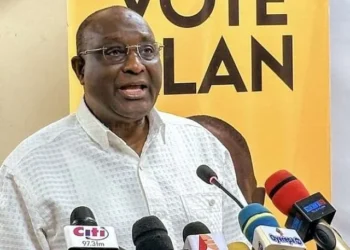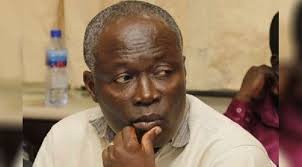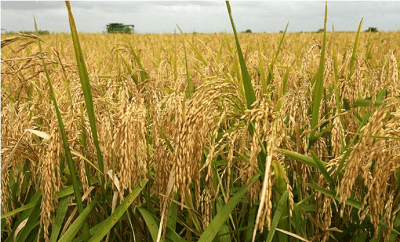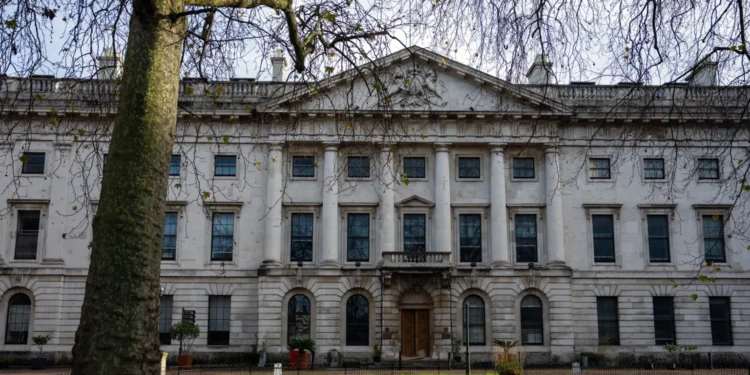The Central Regional Communication Director of the ruling party the National Democratic Congress (NDC), Gabriella Tetteh has expressed her thoughts on the ongoing conversation regarding the AirtelTigo and Telecel Partnership.
Speaking in an interview, Ms. Tetteh excitedly brought to the attention of Ghanaians the initial partnership between Airtel and Tigo, highlighting the tenets that underpinned the agreement right from the onset.
“The partnership between Airtel and Tigo was not very successful because not only did the company lose subscribers, but they were also recording year on year debt increases and heavy losses. So, as their debt was increasing, their losses was also increasing”
Gabriella Tetteh, Central Regional Communications Director NDC
Ms. Tetteh explained that the companies were working in a very difficult business environment, competing against a brand like MTN – a powerhouse when it comes to telecommunication across the continent.
She added that the government was only forced to intervene after the partnership struggled and eventually failed. But the takeover, which was announced as a rescue effort, brought it own set of financial challenges.
This was because the government’s decision to assume control over the two companies did not erase the company’s debts. At the time of government taking over, the firm reportedly had $3.5 billion in liabilities, raising questions on who was responsible.
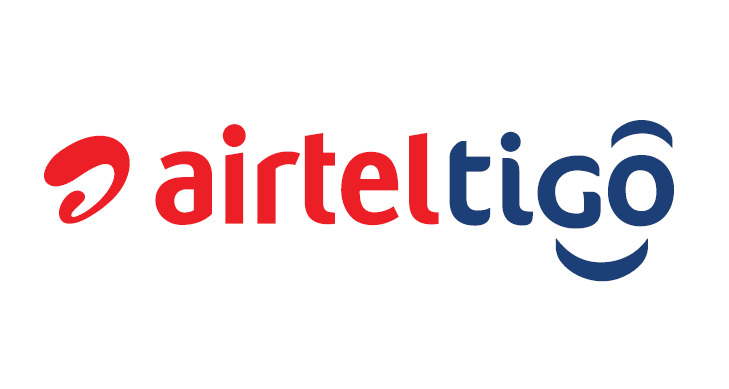
“Forget that you took it over for $1, there was still a $3.5 billion debt in the books of AirtelTigo partnership, whose liability is it? – That was the part not being paid attention to”
Gabriella Tetteh, Central Regional Communications Director NDC
According to her, the company also owed several suppliers, including American Tower Corporation (ATC) and a number of service providers.
The telecom operator’s financial instability soon affected its customer base. By 2024 AirtelTigo’s subscribers dropped from 10 million to 4.6 million, a steep decline that reflected service challenge and customer dissatisfaction.
She described the poor service quality customers continue to experience as abysmal, recounting personal experiences of unstable network coverage. “I can go two weeks without service. It just pops up, and it pops off. You really must love Tigo to stay on the network.”
Ms. Tetteh warned that the loss of customers also threatens hundreds of jobs and millions of cedis in mobile money balances held by users. She stressed on how to keep the 4.6 million subscribers – including those whose monies are sitting on the telecoms mobile money wallets – left on the system.
With about 300 people employed at AirtelTigo, she asked “how will we keep the company afloat?”
Government’s Intervention
Ms. Tetteh further added that in response to the financial need of the company, the government finally considered an arrangement that would allow AirtelTigo to ride on Telecel’s infrastructure to maintain service continuity.
“Government thought that, okay now we have some shares in Telecel, so what we are going to do is that in the interim since your infrastructure is dilapidated and we do not have money to put into the company – ride on Telecel’s infrastructure for now”
Gabriella Tetteh, Central Regional Communications Director NDC
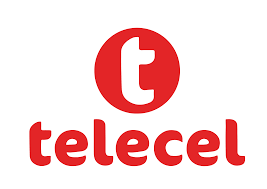
The proposal marked the beginning of a new partnership to keep AirtelTigo in business until government finds a long-term solution to stabilize the company.
Ms. Tetteh criticized the previous NPP government’s approach, arguing that simply announcing a plan without financial backing was not enough to turn the company around.
She noted that the former approach to reviving AirtelTigo was largely theoretical, arguing that while the plan was announced to restructure the company, there was little evidence of real financial commitment or practical steps to make the telecom viable.
Ms. Tetteh concluded with concerns over the future of Ghana’s State backed telecom operations. She questioned the sustainability of the partnership with Telecel amid ongoing service and debt challenges.
READ ALSO: December in Ghana 2025 Launched to Unite Diaspora and Boost Tourism



